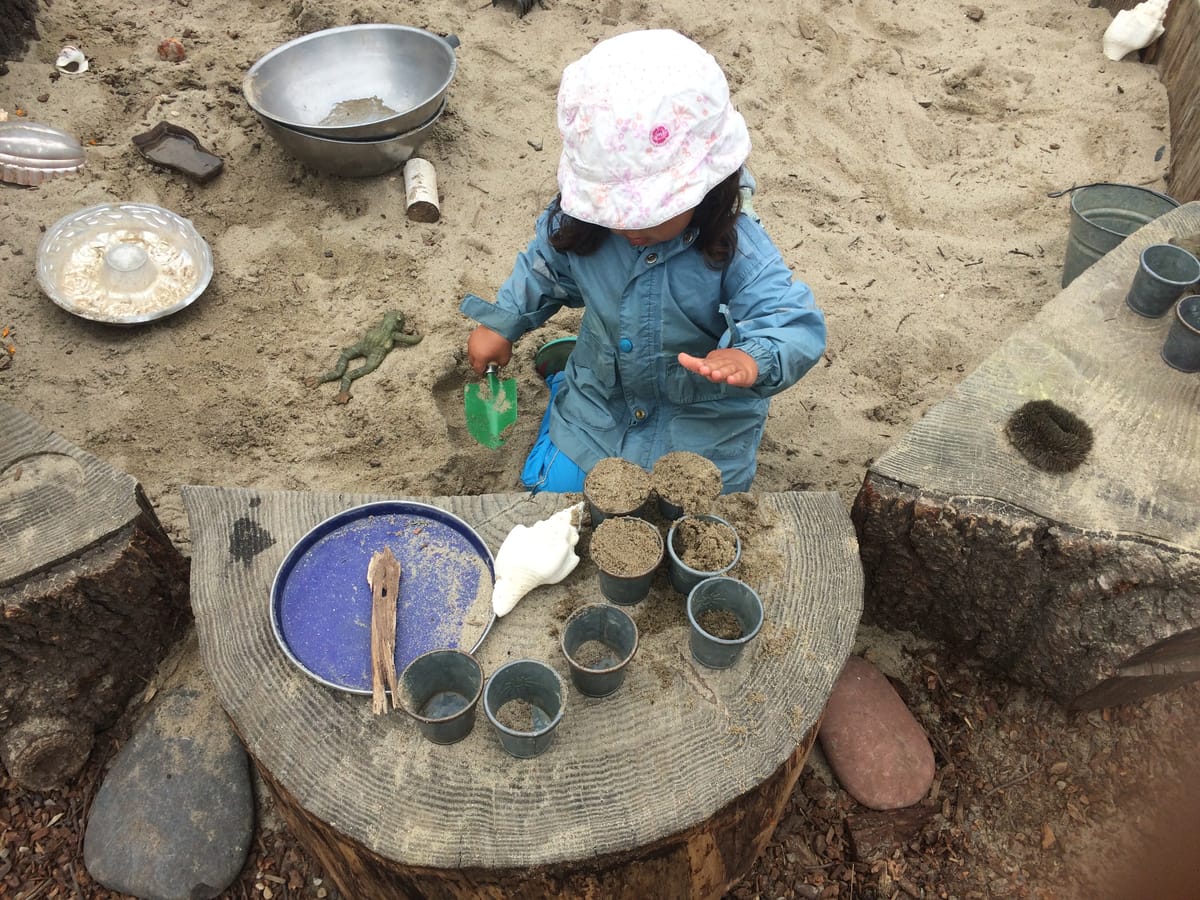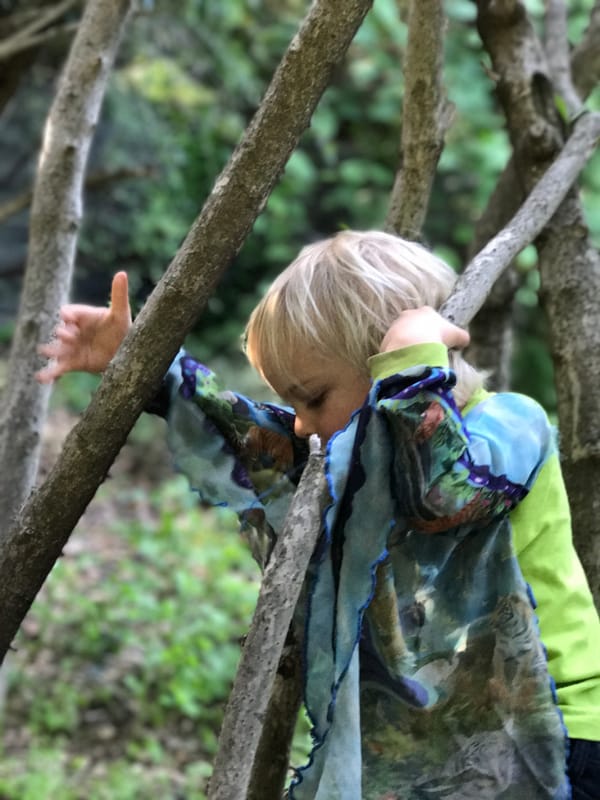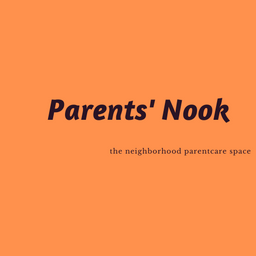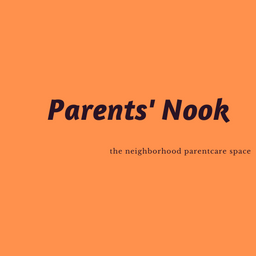As I work on the nooks and crevices of bringing Parents' Nook service to parents, teachers and caregivers in various parts of the Bay Area and beyond many times I stumble upon the question of why even we think childcare needs to evolve. What is family care? And who needs parents' nook?
To be honest many days I feel like well let it just be and let me mind my pieces of stuff. But at the same time, I also think, how Parents Nook started with just an idea, how with me being new in this country people just accepted the concept and wherever I went they just said it was a much-needed idea, and how I have found something interesting to work and it may take up my whole life.
I am a mom myself And when I became a mom for the first time I could not leave my daughter to childcare for the whole day, it just did not work for me. I thought I was weird, but after speaking with a lot of parents I just realized nobody is satisfied with their childcare arrangement. And everyone thought that it would be better to have a system that worked for everyone.
As we dug deeper, we figured parents from various backgrounds wanted a something that might address their needs, I spoke with parents who were baristas, they wanted to bring in their child to a neighborhood nook, and I met parents who did not want to drive for 30 mins while dropping their child off to daycare, some parents imagined an open-ended play area next to a place where they could work from, I met moms who are staying at home and wanted to meet neighbors or other parents in a similar stage of motherhood and parents who work from home. The year was 2o18 and even though all these facts were there somewhere in the back of my mind I never thought they were interconnected.
We started addressing the needs of a few parents and that included myself. We started doing Nooks in neighborhood coffee shops, most parents were working from their laptops and many were just taking some time to themselves. Nooks mainly addressed kids in the age 6 months -5 yrs. My daughter was 4 years old at that time. I was amazed to see the happiness that the facilitators were experiencing. As a facilitator, you are observing the play and the children and their ways of play. It's their interaction with the objects and with each other. Parents are nearby and it made the environment less stressful.
This continued and in every Nook we met parents who were like this. They wanted something different and something that's more closer to their hearts. Many traveled from far-off places to attend to a Nook. Every time I met them I realized I had met my tribe in a new country new place while raising my daughter. In the process, I gave up my engineering career and I figured I had found something that would keep me busy my whole life. I felt humbled by the support from parents teachers and caregivers who shared their stories and how what we are doing is so much needed. Many people helped me with their time, and spaces and we managed to pull off the concept.
I remember a space owner of a coffee shop and how he was so graceful with the space and shared that he has a sister and she has two kids, how she would have loved to meet us. I could not but pause for myself listening to him and wondering. I felt grateful for the acknowledgment and somewhere in me, it might have sowed a seed of keeping doing the Nooks.
Many such stories and Nooks later we think through Nooks we can solve the problems parents face.
Let's dig deeper:
Bruce Perry, an American psychiatrist, remarked:
"Children don't need more things. The best toys a child has is a parent who gets down in the floor and plays with them."
During the early years, the proximity of parents to their children fosters a sense of security and attachment, which is critical for emotional development. Simultaneously, this closeness allows parents to deeply understand their child's needs and cues, building a foundation of mutual trust and responsiveness.
However, the way it is designed today's date does not address the problem. Somewhere we also want to acknowledge that many of us can't go back in time and stay with our children. It just does not work for many and of course, it does not have to. So many times we give in and we just go with the flow. Because believe me there is so much going around for all of us.
Postpartum depression is a thing and it may creep in. We are not supposed to raise children ourselves. I wrote a write-up while taking care of my 2 yr old and interviewed parents who inspired me, and here is a write-up from long back
https://parents-nook.com/newsletters/July.pdf
Meet Lindsay, the maker of the documentary "When the Bough Breaks". She insists,
there is such stigma surrounding postpartum depression and postpartum psychosis. We do not want to be seen as "crazy" or as an unfit mother. We are neither of those. Rather we are mothers, fathers and families trying to work our way out of the dark. If we focus on a perfect world in pictures and worry about what others think of us we stay lost. When The Bough Breaks will educate, help break the stigma attached to mental illness and help moms like myself not feel so alone. I never wanted to be normal or boring. We each have a unique story to tell. Each story is never boring. I hope we all share our truth. And truth is beauty. “
Apart from our longing for community, which we often miss, we were compelled to reflect on what community truly means. Does it simply refer to everyone around us? We realized it does not. A community might instead consist of those with whom we resonate, and this becomes even more apparent after becoming parents. Through our experiences and work, we recognized that this aspect hasn't been addressed until now. Imagine if your best friend's close network of parent friends became your own. You would likely find common ground with them, right?
We did not think it was a solvable problem, but after working with many parents, teachers, and caregivers, we realized that what we started as an experiment might be something that addresses a problem that we parents face in this world of ours.
Seems like one problem got connected with the other and we have found something interesting to work on.
Its just the tip of iceberg that is in front of us. A lot of other problems are there which at this moment after all the work we have done, we feel are interconnected.
How do we find the spaces? What the children do when in Nooks? What they learn? Are they happy? What philosophy do we follow? Who are the facilitators? What kind of background do they have? Why we do it in Museums? What we are doing differently? Questions keep coming in and we would love to share more but on our next post.
Its a twice a week blog post where I will be discussing the problems we encounter while raising children and try to address it with the help of community.
ending today's note with the below quote:
“A child loves his play, not because it’s easy, but because it’s hard.”Benjamin Spock
Check out a Nook in Action

If you want to co-host a Nook,



